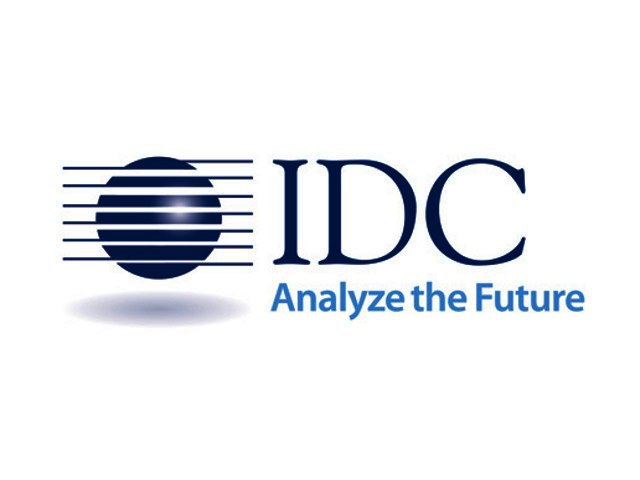BUSINESS NEWS SPONSORED BY:
While digital transformation has emerged as a top priority for most organisations, there are concerns that it is being oversimplified and that companies are focusing only on the front-end or user experience. According to George Kalebaila, research director at International Data Corporation (IDC), many organisations don't even realise they're in a blind spot and they don't see the immediate need to embark on digital transformation because they haven't seen how their businesses might be impacted.
"Many companies are purely paying lip service to the real impact of embarking on a true digital transformation journey – both positive and negative," says Kalebaila. "If you consider what is happening in developed countries, digital transformation is a reality. Companies that fail to recognise this and start putting the building blocks in place to prepare themselves run the risk of diminishing their own value and being disintermediated from the value chain."
One of the biggest impacts of the digital economy is that it removes traditional barriers to entry, meaning organisations must change the way they view their competitive environment. "As a result of the changes caused by digital transformation, they can no longer rely on just looking at the five pillars of competitive analysis," says Kalebaila. "In the digital economy you may find that your competitors come from organisations that have never even registered on your competitive radar before, yet they can completely disintermediate you because they have capabilities that are relevant for playing in the digital environment. As such, you will find that friends become foes and vice versa."
According to Kalebaila, IDC is already observing signs that companies that are traditionally slow to adapt are taking steps in the right direction. "In the telco environment, for example, Orange has made quite a few key management appointments that signal it is preparing for digital transformation," he says. "These executives will focus on cybersecurity and innovation, which is not something telcos are traditionally known for. Diversification becomes the keyword here, and not just for the sake of it — but rather for the sake of following where the value is. It is important to understand that if customers, partners, or other players in your value chain have moved from the way you traditionally did business, you must also move with them. And this might require new capabilities and new ways of providing a given service."
How do you assess your competitors if you don’t know who they are going to be in the future?
Companies must understand what the digital journey entails for them, how it impacts their business model, and how their environment and the industry they operate in is shifting, urges Kalebaila. "During the IDC South Africa CIO Summit 2018, taking place in Johannesburg on April 18-19, we will be walking CIOs through our research-led blueprint for thriving in the digital economy and helping to prepare them for success in this new world of business,” he says. "It is critical that CIOs understand that their customers' needs and preferences are going to dictate how they must engage and support them. Unless they are willing and able to move away from traditional models, they are setting themselves up for failure."
The banking environment is one example that has seen a lot of change, with new disruptors emerging in the form of fintechs. "Brick-and-mortar is no longer a necessity, and the regulatory environment is also changing, which is lowering the barriers to entry in this industry," says Kalebaila. "The digital environment also removes geographical barriers, so traditional competitors in your geographic location are no longer your only competition and you could be sidelined by a fintech that you are completely unaware of from another location. As a bank, for example, you need to consider your traditional business and how it will be changing over the next few years because of external digital forces. Then you need to look at what business models you need to transform to serve your customers better, both on the front and back end. The next consideration is the impact of new business models that come from a completely different environment to traditional banking. Of course, another factor is the impact of mobile banking and those disrupters that can provide value for lower banking fees."
Preparing for uncertainty
Kalebaila warns that organisations must prepare themselves for uncertainty because one of the biggest challenges around digital transformation is that they can never know everything. "It is impossible to plan for every possible scenario, and that is where the agility of your business strategy is crucial," he says. "When a new competitor comes along that you were not previously aware of, you must be able to react fast and be agile enough to change your business processes and the way you do business."
"We don’t pay enough attention to the importance of the link between data and technology in building enterprises for the future," continues Kalebaila. "It cannot be overemphasised that the companies that become agile by using emerging technologies and making sense of the data they have on hand are the only companies that will be able to respond quickly to both new and existing competitive threats and ultimately win. In the digital world, it is not technology for technology's sake, but rather a continuous assessment of how new technologies out there will enable businesses to play in the digital world and make decisions that enable them to react faster. If you cannot do that, you will be left behind."






